Category : South Asia in the News
Nov 3, 2022 | Announcements, Community, Faculty, In Region, India, News, South Asia in the News
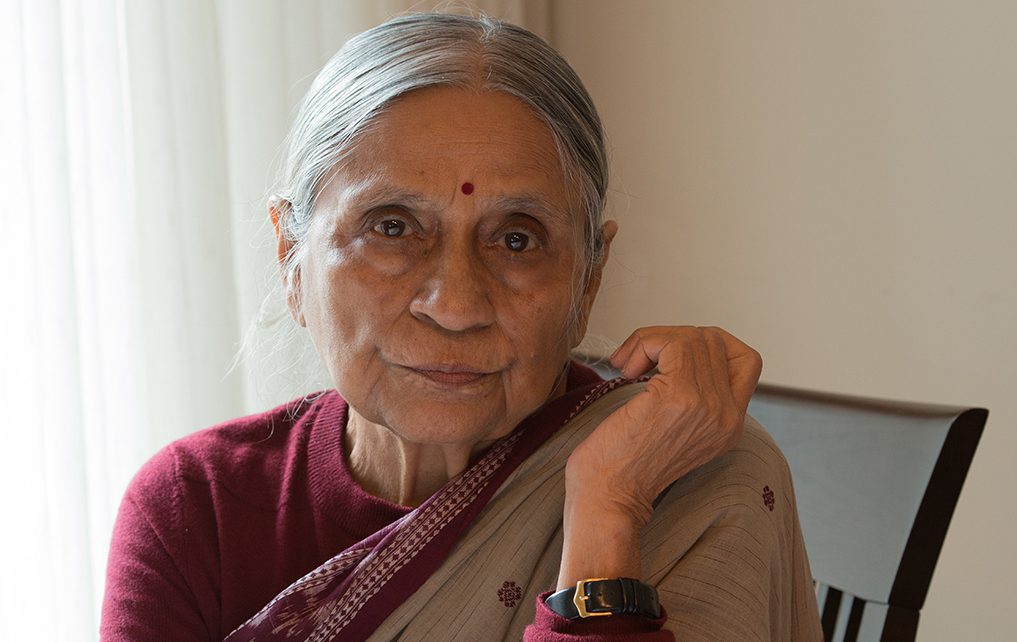
Ela Bhatt, founder of the Self-Employed Women’s Association of India (SEWA) in 1972 and dedicated women’s right activist, passed away at age 89. Often called a “gentle revolutionary” for her Gandhian practitice of non-violence, Bhatt championed the lives of marginalized women across the world through SEWA. With a membership of over 2.1 million, SEWA is the largest Central Trade union, comprised of self-employed women workers across 18 states of India. SEWA works to improve their livelihoods through technical training, microfinance, market linkages, technology, and more. Bhatt is the recipient of a host of honors, including an Honorary Doctorate degree from Harvard University, a Radcliffe Medal, and the civilian honour of Padma Shri by the Government of India. Our Mittal Institute community remembers Bhatt and her lasting legacy in the following remembrances.
Nov 1, 2022 | Announcements, Community, Faculty, In Region, India, News, South Asia in the News
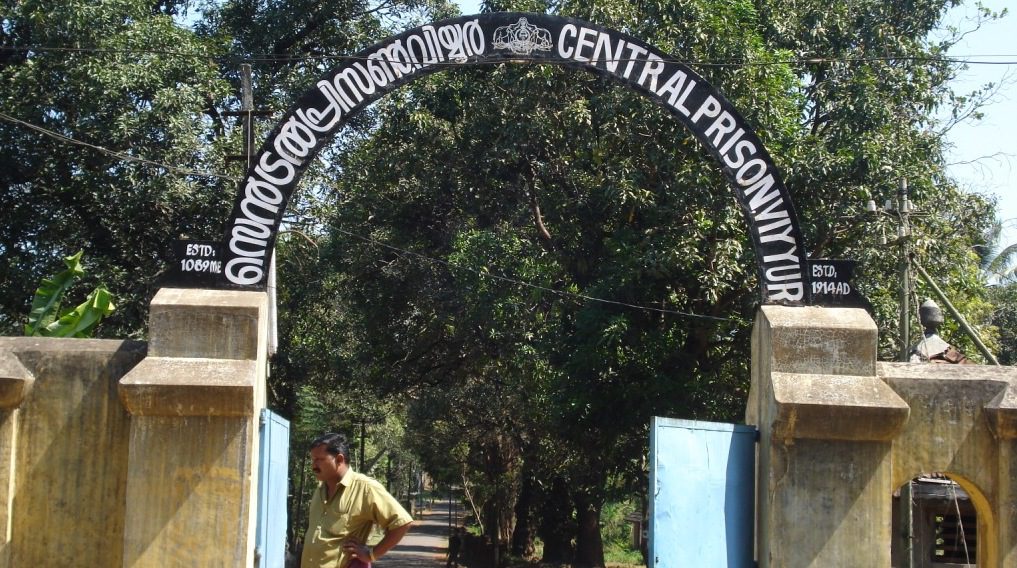
Adaner Usmani, an Assistant Professor of Sociology and Social Studies at Harvard University, is a recent recipient of a Mittal Institute faculty grant for his project, “The History of Punishment in India.” LMSAI faculty grants support research projects that catalyze connectivity between scholars at Harvard and those in South Asia. Professor Usmani’s particular project explores the incarceration system in India and how, despite low levels of policing and punishment, India has remarkably low levels of (recorded) violence. Professor Usmani’s project aims to solve this sociological puzzle by collecting data to understand the history of violence and punishment in India. We spoke to him about his project, his interest in the field, and an upcoming book.
Oct 26, 2022 | Announcements, Fellows, India, News, South Asia in the News

Ajmal Khan Areethala, the Mittal Institute’s Raghunathan Fellow, works at the intersection of the environment, development, and climate change. His current research looks at how universal frameworks of climate justice negotiate with local and specific experiences of climate change in regions of South Asia. His Ph.D. in Development Studies from Tata Institute of Social Sciences, Mumbai looked at the ongoing nuclear expansion policy in India and local responses. We spoke with Ajmal about his work, and his new book.
Oct 26, 2022 | Announcements, Community, In Region, India, News, South Asia in the News
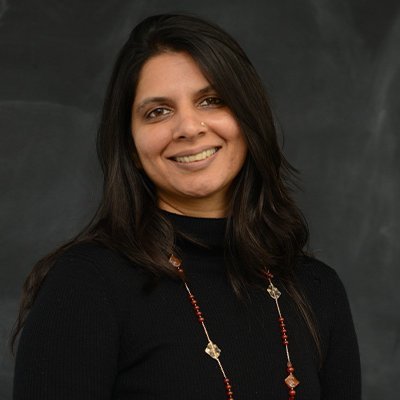
Yamini Aiyar is the President and Chief Executive of the Centre for Policy Research, one of India’s leading public policy think tanks. In 2008, she founded the Accountability Initiative at CPR, which is credited with pioneering one of India’s largest expenditure tracking surveys for elementary education. She is speaking on Rewriting the Grammar of the Education System: Delhi’s Education Reform (A Tale of Creative Resistance and Creative Disruption) at Harvard on Tuesday, November 1 at 5:30pm, and gave the Mittal Institute a preview of her talk.
Oct 19, 2022 | Announcements, Community, Faculty, News, South Asia in the News, Students
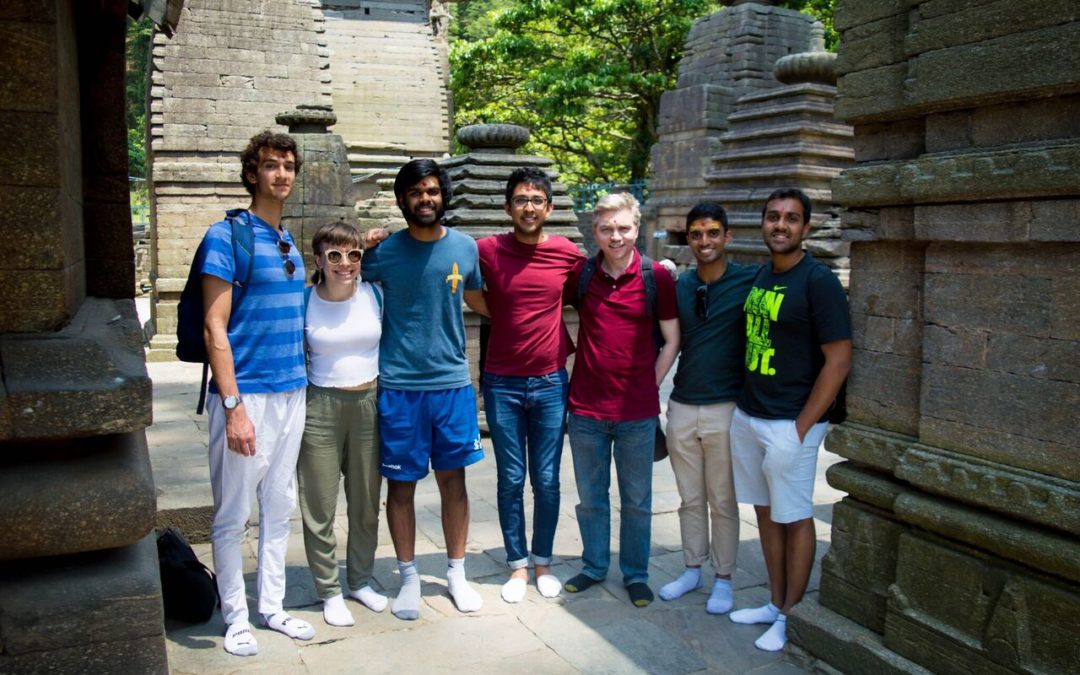
As a teenager, Richard Delacy’s interest in Hindi and Urdu was piqued – and that interest led to a career as a language scholar and educator. Richard is a Preceptor of Hindi (one of two official languages of India, and 3rd most spoken in the world) and Urdu (spoken by more than 70 million people as the official state language of Pakistan) in Harvard’s Department of South Asian Studies. We spoke with Richard about his language journey and his role at Harvard.
Oct 12, 2022 | Announcements, Community, Faculty, News, South Asia in the News
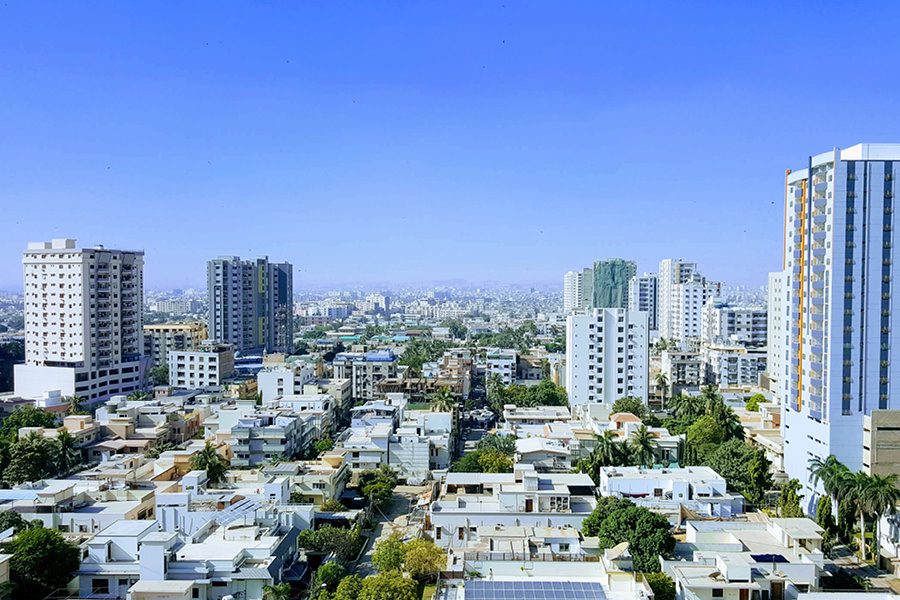
The State of Architecture in South Asia, a new multi-year project, will research, document, and create conversations around architecture in South Asia and the emergent frameworks and models of practice. This multi-year project will utilize podcasts, lecture series, exhibits and conferences to ask some fundamental questions.
Oct 5, 2022 | Announcements, Bangladesh, Community, In Region, India, News, Partition, Social Enterprise, South Asia in the News

Tariq Omar Ali received his Ph.D. in history from Harvard and is now an Associate Professor at Georgetown University. His research focuses on nineteenth and twentieth century South Asia and global histories of capital with a particular interest in how the material and everyday lives of ordinary men and women are shaped by transnational circulations of commodities and capital. His first book, A Local History of Global Capital: Jute and Peasant Life in the Bengal Delta was published by Princeton University Press, 2018. He will be presenting his new research examining how decolonization, independence, and the rise of the nation-state restructured the working lives of peasants, boatmen, itinerant traders, and small businessmen in post-colonial East Pakistan (present-day Bangladesh) in the 1950s and 1960s at the Tufts-Harvard Conference on the 75th Anniversary of Independence and Partition, October 7-9. Prof. Ali will be speaking on Friday, October 7 at 4:30 p.m. on a panel chaired by Prof. Amartya Sen at the ASEAN Auditorium, Cabot Building, Tufts University.
Oct 4, 2022 | Announcements, Community, Faculty, News, South Asia in the News
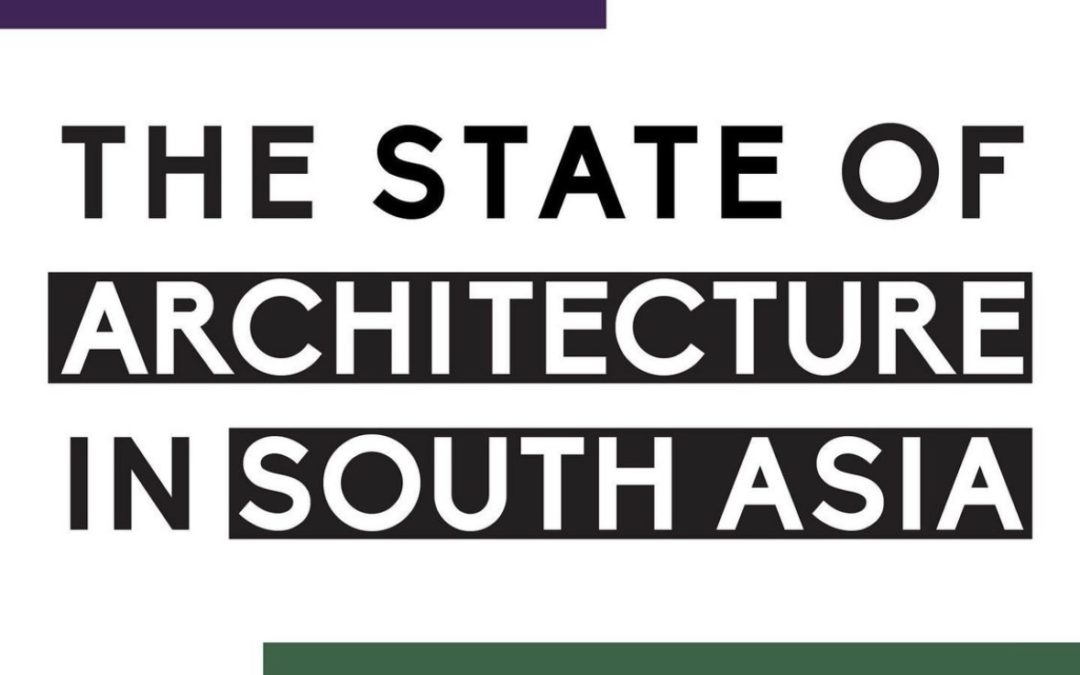
The State of Architecture in South Asia, a new multi-year project, will research, document, and create conversations around architecture in South Asia and the emergent frameworks and models of practice. This multi-year project will utilize podcasts, lecture series, exhibits and conferences to ask some fundamental questions.
Sep 27, 2022 | Announcements, Faculty, In Region, India, News, Pakistan, Partition, South Asia in the News

Join us for a series of in-country book talks in India, the United Arab Emirates, and Pakistan The 1947 Partition of British India remains the largest instance of forced migration in recorded human history. Seventy-five years later, the...
Sep 20, 2022 | Announcements, In Region, News, Pakistan, South Asia in the News
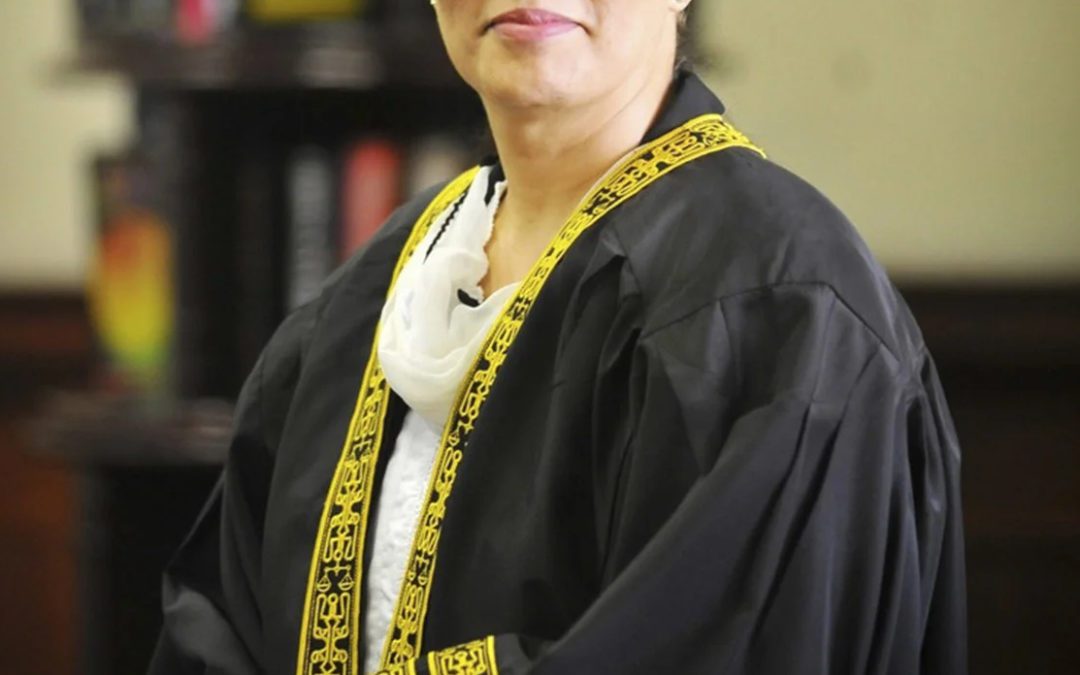
Ayesha Malik ’99 paves the way for women on Pakistan’s Supreme Court
Sep 20, 2022 | Announcements, Community, In Region, News, South Asia in the News, Sri Lanka, Students
Anti-government protest in Sri Lanka on April 13, 2022 in front of the Presidential Secretariat | By AntanO. Mittal Institute: Can you tell us about the current crisis in Sri Lanka? What are you hearing from people and organizations working on the ground?...
Sep 14, 2022 | Announcements, Associates, Community, Faculty, Fellows, In Region, News, Pakistan, South Asia in the News, Students
The torrential monsoon rains in Pakistan have eclipsed the label of a mere natural disaster; Pakistan is undergoing a humanitarian crisis. In the past two months, the heaviest rainfalls on record have killed over 1,300 people and have severely impacted 33 million others. The National Disaster Management Agency (NDMA) estimates that over half a million homes have been destroyed. Relief efforts are direly needed given the rapidly-worsening situation. Harvard College Pakistani Students Association is raising funds to provide victims with meals, shelter, sanitary products, and more. Please donate what you can so we can help give much-needed funds to those suffering in Pakistan and please share this far and wide so we can raise much-needed awareness for this perilous situation.










